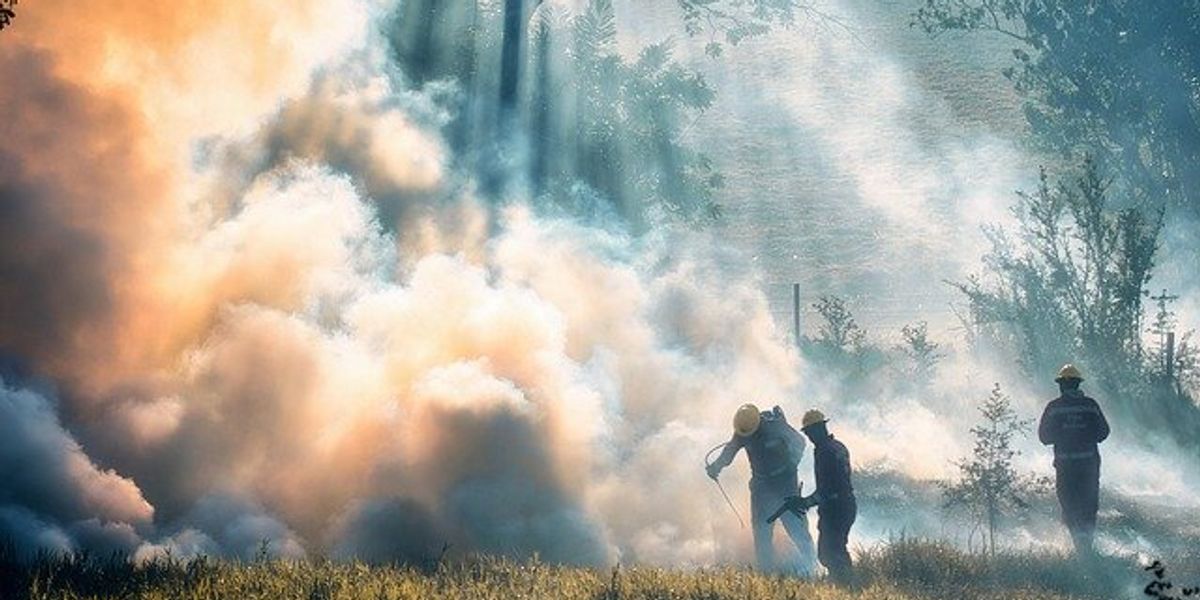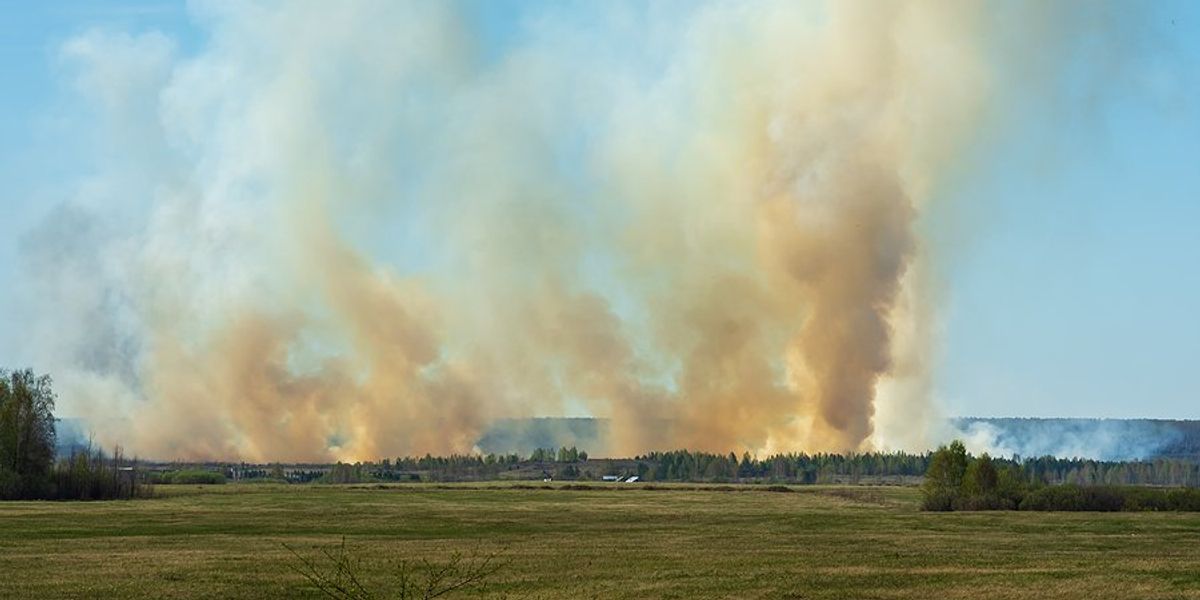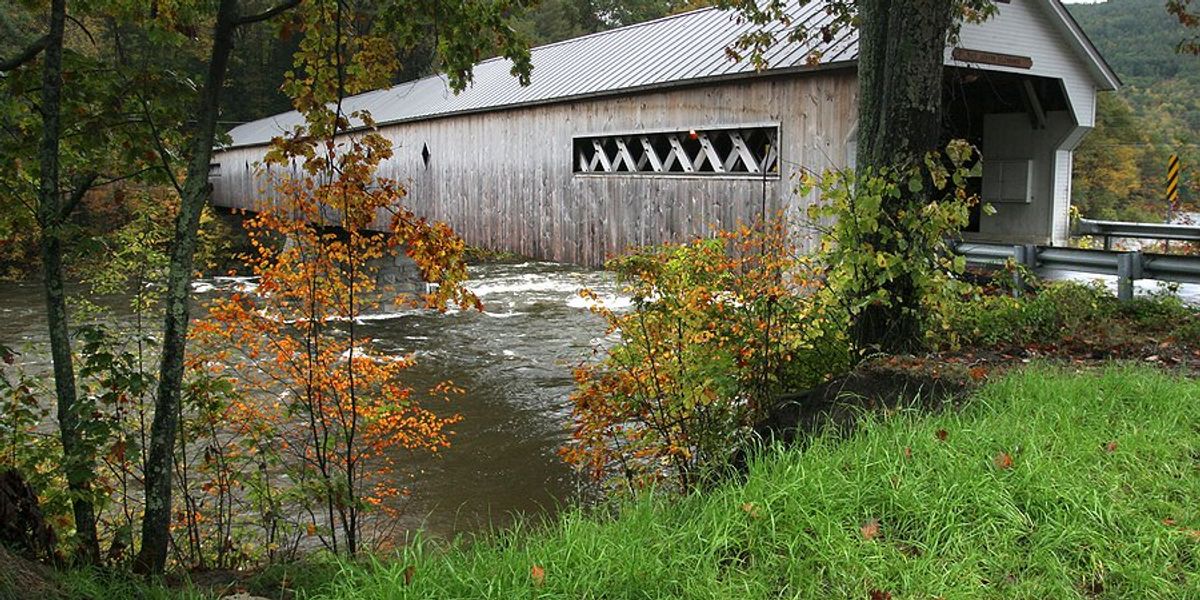
Texas weighs nuclear-powered water treatment as oilfield waste surges
As Texas faces a looming water crisis, energy companies and lawmakers are considering using nuclear heat to treat toxic oilfield wastewater for reuse, but the process could consume more energy than many U.S. states generate.
Dylan Baddour reports for Inside Climate News.
In short:
- Treating the Permian Basin's billion gallons of daily wastewater could require up to 26 gigawatts of power — more than most U.S. states can currently produce.
- Texas-backed pilot projects are testing energy-intensive thermal desalination methods, including one that would use molten salt nuclear reactors to provide heat.
- Lawmakers see treated oilfield wastewater as one of the last available water sources, but experts warn the method remains expensive, energy-hungry, and likely only a partial solution.
Key quote:
“It’s expensive from an energy perspective; you need a lot of energy to treat this water.”
— Mike Hightower, director of the New Mexico Produced Water Research Consortium
Why this matters:
Texas, now the largest oil-producing state in the U.S., is facing a water reckoning. With its freshwater supplies dwindling, the state is eyeing a controversial backup: recycling fracking wastewater. This byproduct of oil and gas drilling, often called “produced water,” is no ordinary runoff. It’s far saltier than the ocean and laced with a cocktail of chemicals, heavy metals, and naturally occurring radioactive elements. Cleaning it up for agricultural or even industrial reuse demands energy-intensive treatment, raising alarms that the power required to detoxify it could rival the electricity use of small states.
Meanwhile, much of this wastewater is currently injected deep underground—a process now linked to increased seismic activity, including small but frequent earthquakes. The effort to make fracking waste usable underscores the uneasy tradeoffs at the heart of Texas’ energy and water future. As the climate grows hotter and drier, and as the fossil fuel industry continues to dominate the state’s economy, regulators and communities are left grappling with the public health and ecological consequences of squeezing water from rock — literally and figuratively.
Related: Texas oil boom brings wealth, but pollution leaves communities struggling













